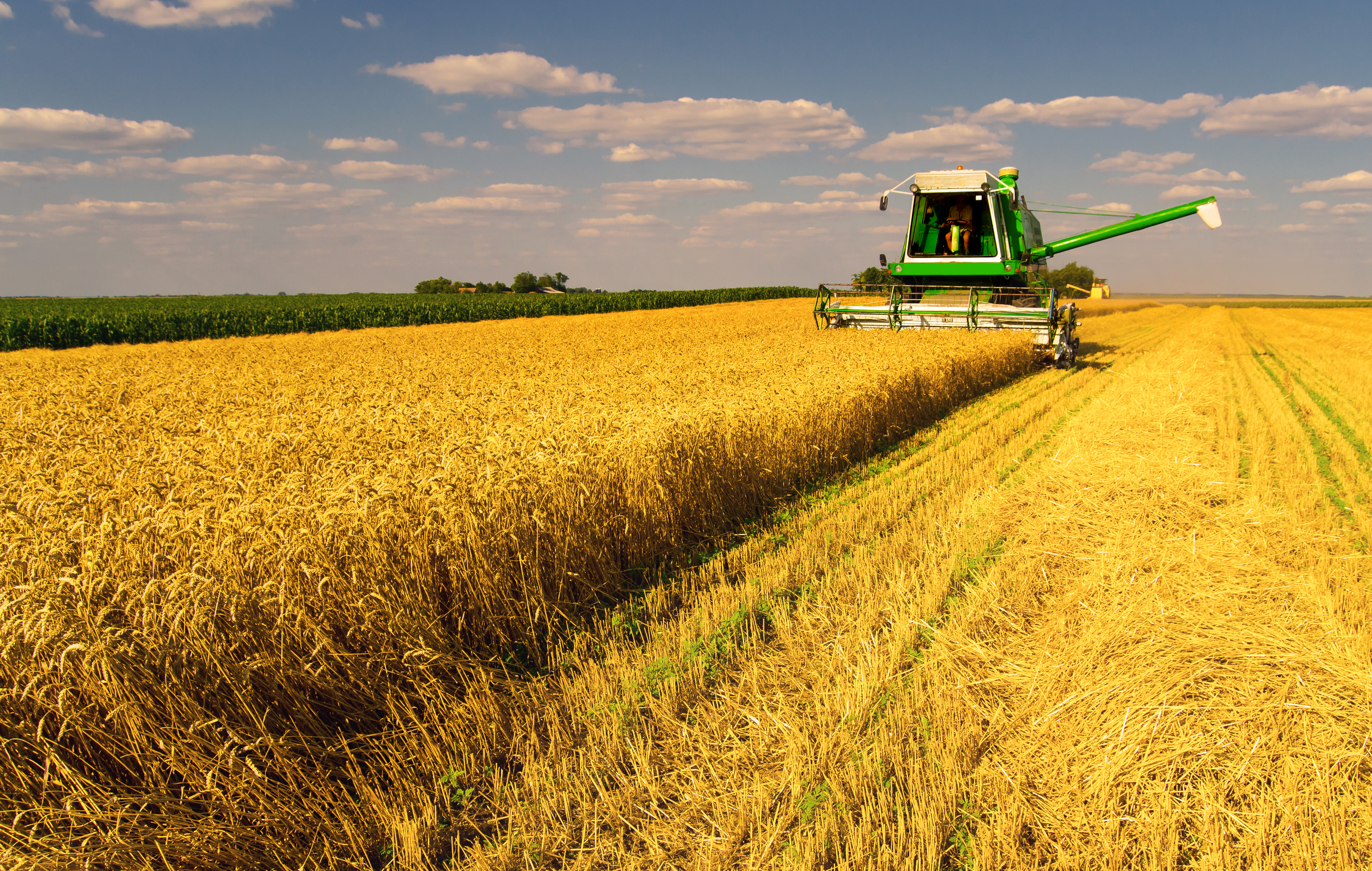A telecom executive and a grower cooperative and IBM are coming together to create a new set of digital ag tools.
The Grower Information Services Cooperative (GiSC) is a farmer-owned cooperative storage system for data that offers cloud-based data capture software. The telecom exec is Ronald LeMay, who along with being the former CEO of FarmLink, GoGo Inflight Internet Services, Japan Telecom, and Sprint PCS, is also the founder of Main Street Data.
LeMay and Mainstreet Data have spent the last eight years collecting yield data from 350 combines in more than 26 states. The company claims to have the “largest and highest-quality dataset of corn, soybean ,and wheat yields, as well as related naturally-occurring variables at the granular resolution of 150 square feet” — all with the goal of giving growers new benchmarking tools, allowing them to compare their yields with historical data and calculated potential for their particular fields.
“Unless you collect data on the breadth that we collected it, you can’t do what we do,” LeMay told AgFunderNews.
GiSC was founded in 2012 to give farmers a neutral place to store their data in a response to growing concern about who owns farmer data. Growers often express concern with sharing their data with both large agricultural input companies and other farmers.
“Unlike the data captured and communicated on typical technology and information platforms for consumers, such as social media platforms, farm operation data is, in essence, intellectual property – the farmer’s trade secrets and “know-how.” Farmers are hesitant (and rightfully so) to entrust that data with third parties in which those farmers have no vested interest,” testified Billy Tiller, CEO of GiSC, at a congressional hearing before the US House of Representatives Agriculture committee last year.
GiSC provides secure cloud storage for members’ farm data, and uses this platform to collect and manage multiple aspects of agronomy and yield data all the major crops such as corn, soybeans, wheat, cotton, sorghum, and rice.
The two organizations are now teaming up with IBM to offer a suite of digital services for GiSC members. These include a benchmarking tool called “The Validator,” to help farmers compare their own yields to historical yields on their fields.
It further ranks farmers’ operations at the subfield level on a scale of 5th to 95th percentile by comparing yields with other farmers growing under comparable conditions. This is where Mainstreet’s dataset comes into play in combination with weather models from IBM.
“Through this collaboration, farmers will now have access to a trusted environment in which to share their data and glean insights that have never before been available,” said Mark Gildersleeve, Head of Watson IoT Platform and Business Solutions for The Weather Company, an IBM Business. “These insights will help them to better understand comparative performance and maximize return on investment in yield.”
GiSC and Mainstream claim that The Validator is the only independent benchmarking tool to help farmers determine if their strategies and methods are creating a positive return on investment.
The second tool is an in-season productivity assessment and decision tool, as well as a grain trading tool, called Market Vision, to help farmers maximize the price of grain. The tool, which the partners say is as sophisticated as those utilized by the largest grain traders is meant to level the playing field for traders and growers.
The third product is a national crop registry, which is designed to help growers deal with a growing issue of chemical drift. Here again, IBM’s weather data will be brought to bear to help neighbors address issues of chemical drift with temperature and wind data.
Separate from the capabilities of any of these tools, the major difference here is that GiSC is an equity partner in the enterprise, meaning that growers own a minority stake in the software.
“As a grower, I don’t think I’ve been able to get data from an agnostic source,” said Tiller, himself a Texas cotton farmer.
“I have aspired for years to put together a data co-op that could focus on data analytics and solutions without the conflict inherent in selling physical products. With Main Street Data, I knew I had found a partner that shared my goals and values,” said Tiller.
In order to take advantage of the platform, growers must be GiSC members, which costs $500 per year. Some services will also be charged per acre on top of this fee.





